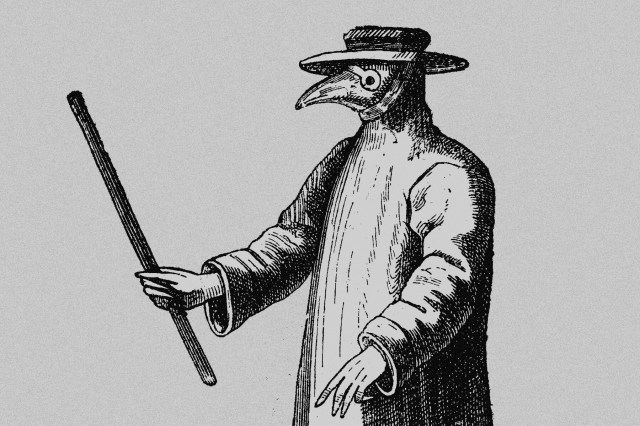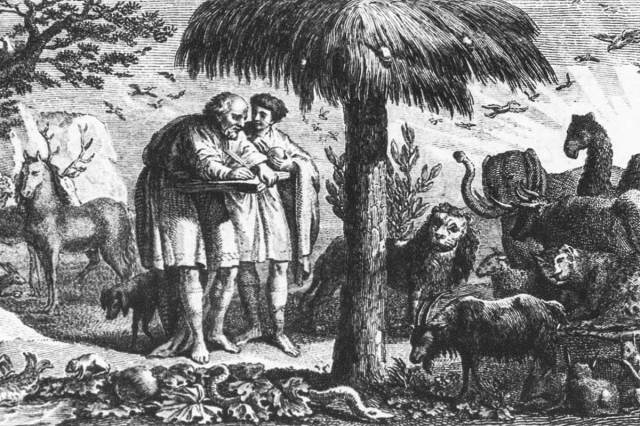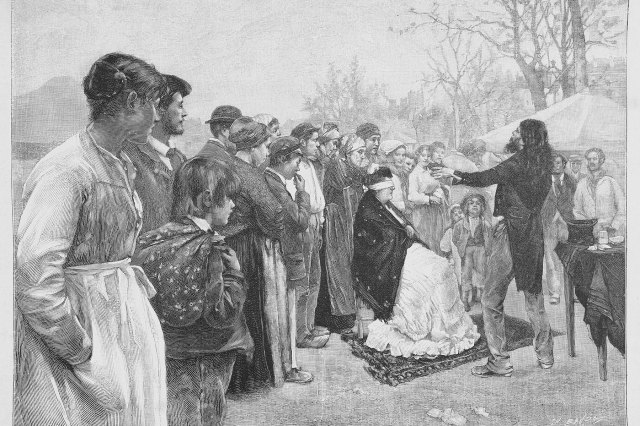Humans may have nearly gone extinct.
When we think of endangered animals, we generally think about elephants, tigers, and whales — but certainly not humans. Yet between 800,000 and 900,000 years ago, ancestors of Homo sapiens lost 98.7% of their population, according to a 2023 study published in the journal Science. Before the population crash, as many as 135,000 early humans roamed the Earth, but according to the team of geneticists behind the study, that number plummeted to about 1,280 breeding individuals, and the population stayed that low for more than 100,000 years. (These weren’t modern humans, but earlier hominins on the genetic timeline; one species that was alive at the time was Homo erectus, and we’re still discovering new prehistoric human species.)
The population decline could have been related to the wild environmental changes happening around that time: Extreme cooling of the Earth coincided with a drought in Africa, leading to fewer sources of food. Whatever the cause, it created a genetic “bottleneck” that researchers say nearly wiped out our prehistoric ancestors. This conclusion lines up to a period of time that left few fossils behind, but the research has yet to be replicated by other studies, and many genetic scientists remain skeptical of the claim.
You may also like
Recommendations For You
-
01.
 Science & Industry
Science & IndustryWhy Did Doctors Wear Beak Masks During the Bubonic Plague?
-
02.
 Science & Industry
Science & Industry5 Inventions That Came Out of the Great Depression
-
03.
 Science & Industry
Science & Industry6 Amazing Breakthroughs Made by the Ancient Greeks
-
04.
 Science & Industry
Science & Industry6 Shocking “Scientific” Beliefs From Victorian England











